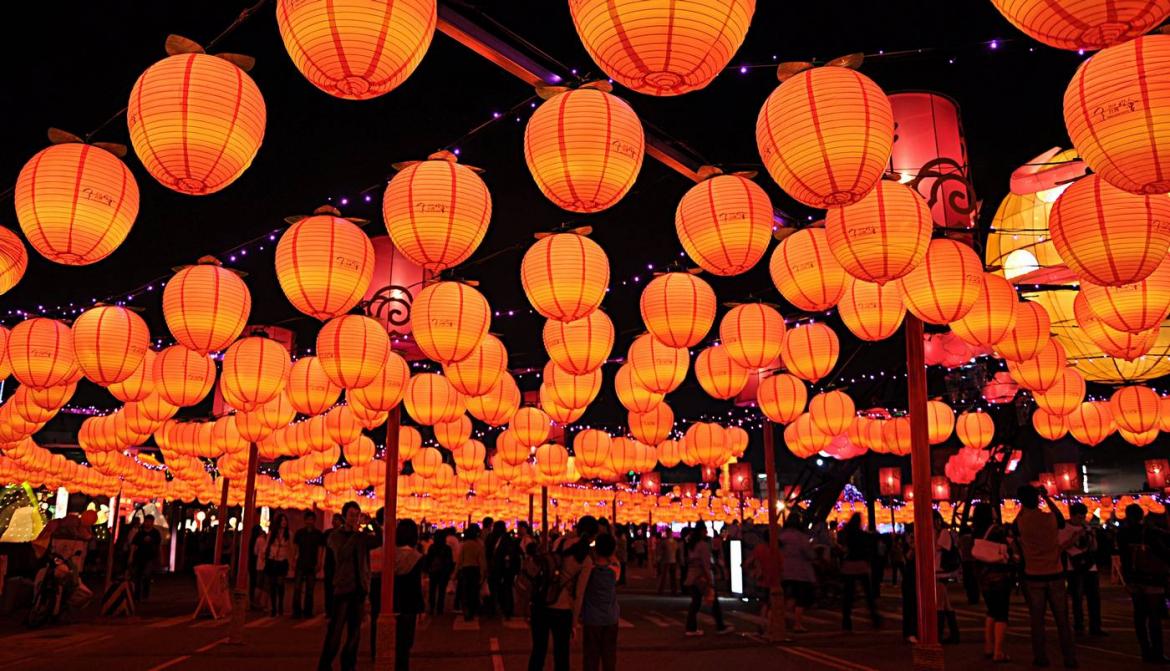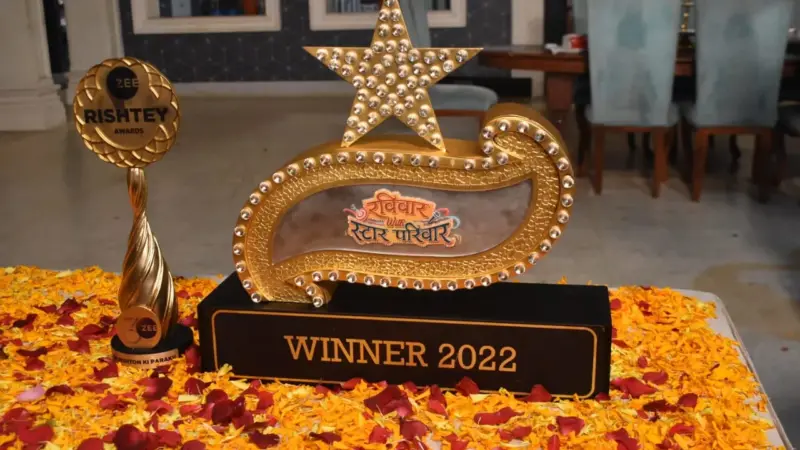End of Chinese New Year 2018: A Celebration of Tradition and Renewal

The end of Chinese New Year marks the culmination of a vibrant and culturally significant festival that is celebrated by millions around the world. Also known as the Spring Festival, this annual event is deeply rooted in Chinese traditions and customs, symbolizing the beginning of a new lunar year. As the festivities draw to a close, it is a time for reflection, family reunions, and a renewed sense of hope for the year ahead. In this article, we will delve into the various aspects of the end of Chinese New Year 2018, exploring its significance, rituals, and the sense of renewal it brings.
1. Lantern Festival: Illuminating the Night Skies
The final day of Chinese New Year is marked by the Lantern Festival, a dazzling spectacle that illuminates the night skies with vibrant colors and intricate designs. This tradition dates back over 2,000 years and holds great cultural significance. Families gather to light lanterns, which are often adorned with riddles or wishes written on them. These lanterns symbolize the release of worries and troubles from the previous year, as well as a way to guide ancestral spirits back to their resting places.
The Lantern Festival also features captivating lion and dragon dances, where performers don elaborate costumes and parade through the streets. The rhythmic beats of drums and cymbals accompany these mesmerizing dances, believed to bring good luck and fortune for the coming year. Fireworks light up the night sky, adding to the festive atmosphere and creating a sense of joy and excitement.
2. Family Reunions: Strengthening Bonds
The end of Chinese New Year is a time for families to come together and celebrate their shared heritage. It is customary for people to travel long distances to be with their loved ones during this period. The reunion dinner, held on New Year’s Eve, is a highlight of the festivities. Families gather around a table laden with traditional dishes, each with its own symbolic meaning. This meal not only nourishes the body but also strengthens the bonds between family members.
During the reunion dinner, it is common for elders to distribute red envelopes, known as “hongbao,” containing money to younger family members. This act is believed to bring good fortune and blessings for the year ahead. It also serves as a gesture of respect and gratitude towards the older generation.
3. Spring Cleaning: Welcoming Fresh Beginnings
In the days leading up to the end of Chinese New Year, households engage in a thorough spring cleaning ritual known as “sweeping the dust.” This practice symbolizes the removal of bad luck and negative energy accumulated over the past year, making way for new beginnings and positive vibes. Every nook and cranny of the house is meticulously cleaned, and decorations are put up to create an auspicious atmosphere.
The act of spring cleaning extends beyond physical spaces. It is also a time for individuals to reflect on their personal lives and make resolutions for self-improvement. Many people take this opportunity to set goals and aspirations for the coming year, whether it be in their careers, relationships, or personal well-being.
4. Lantern Riddles: A Test of Wit
During the Lantern Festival, lanterns are often adorned with riddles written on strips of paper. These riddles, known as “lantern riddles,” add an element of intellectual challenge and amusement to the celebrations. Solving these riddles requires wit and creativity, as they are often cleverly crafted with wordplay and cultural references.
Lantern riddles have become a popular form of entertainment during the Lantern Festival, with people gathering in parks or public spaces to test their skills. It is not uncommon to see groups of friends or families engaged in lively discussions as they try to unravel the hidden meanings behind these riddles. This tradition not only stimulates the mind but also fosters a sense of camaraderie and community spirit.
Conclusion:
The end of Chinese New Year 2018 brings with it a sense of fulfillment and renewal. From the vibrant Lantern Festival to the cherished family reunions, this festival encapsulates the rich cultural heritage of the Chinese people. The rituals and traditions associated with the end of Chinese New Year not only serve as a way to honor ancestors and deities but also provide an opportunity for individuals to reflect, reconnect, and set intentions for the year ahead. As the lanterns light up the night sky, they symbolize the hope and optimism that accompany the transition into a new lunar year.






